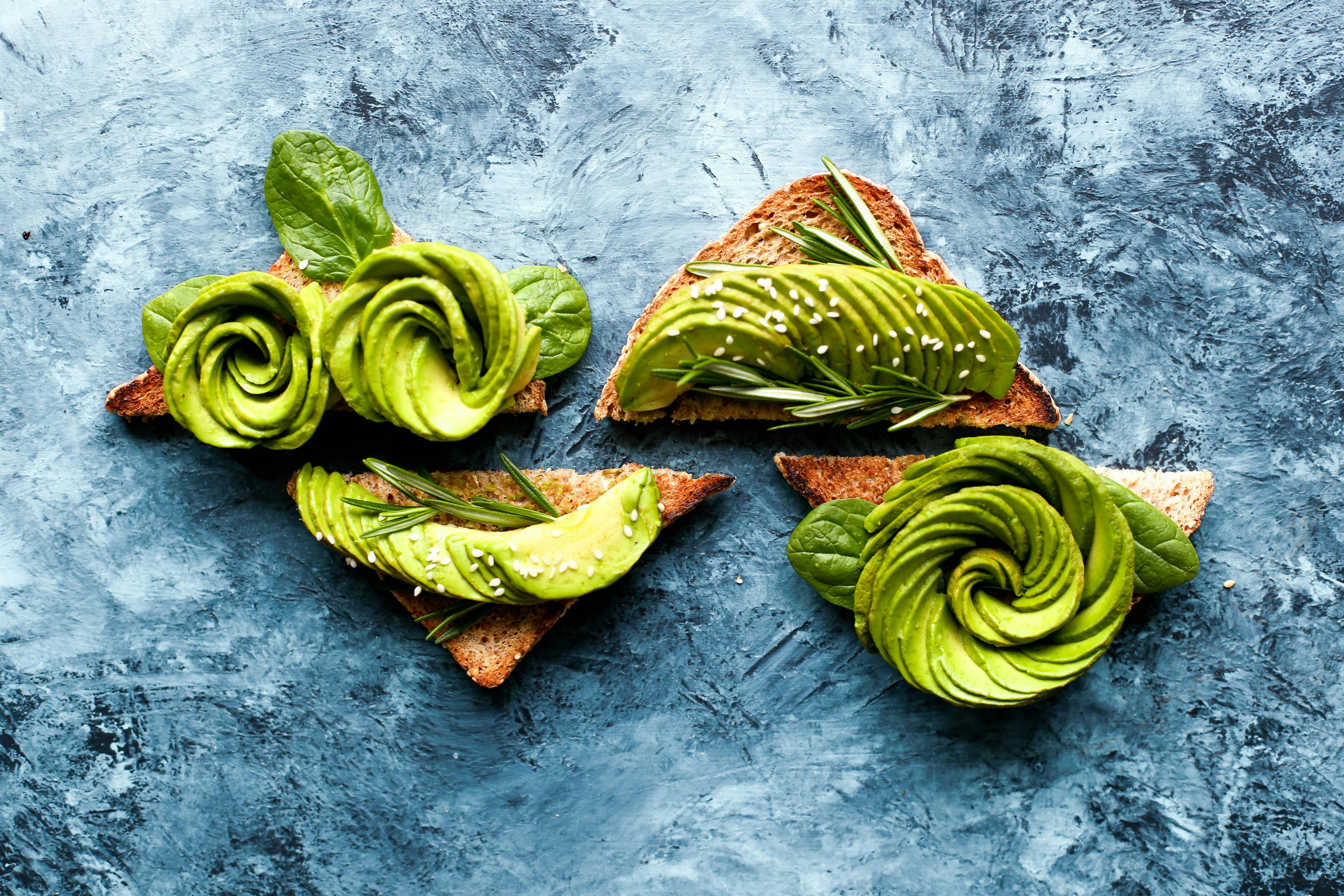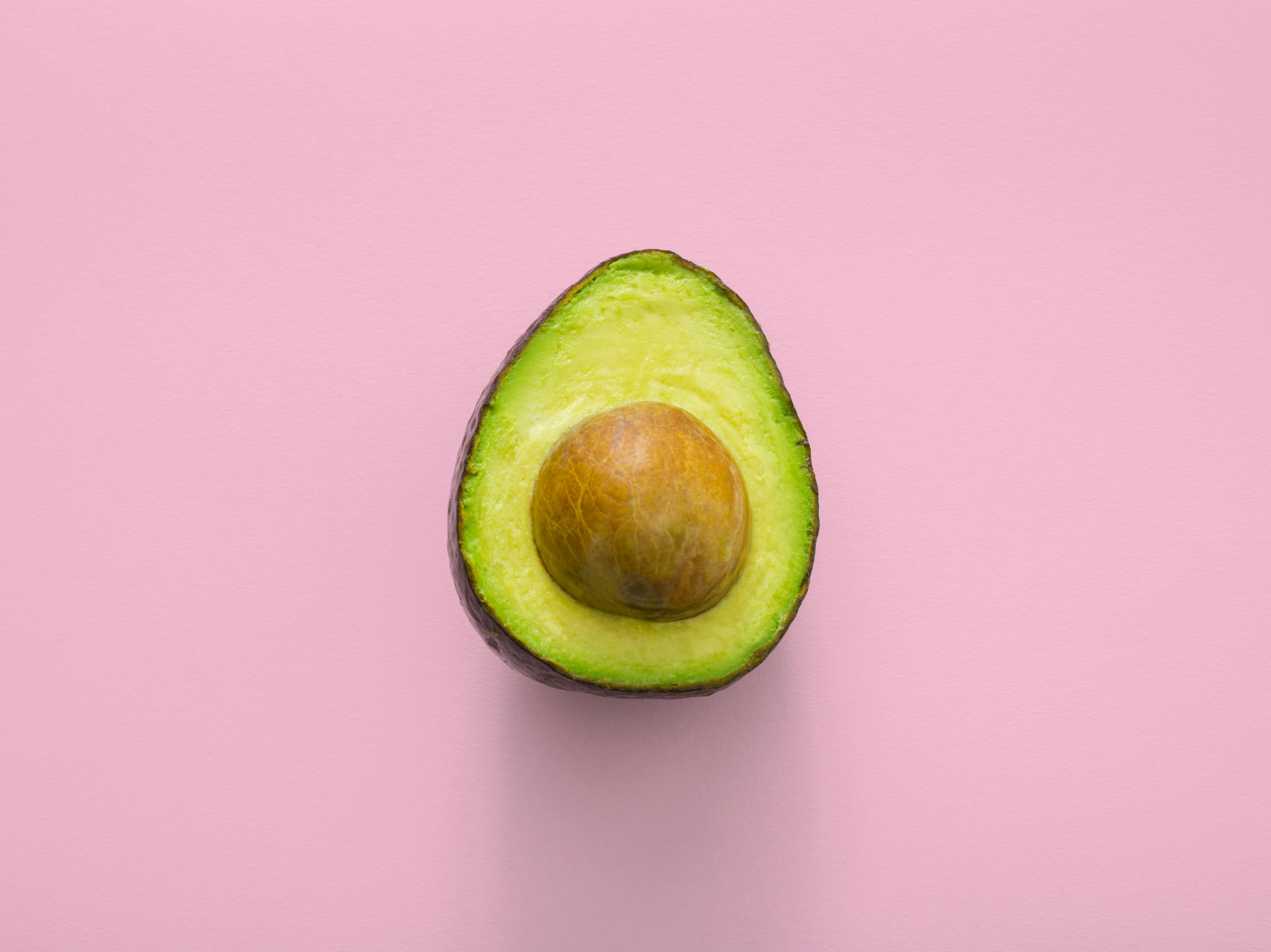Nutritional Overview of Avocados
A medium avocado, which typically weighs around 136 grams, contains the following nutritional components:
- Calories: Approximately 234
- Protein: 2.7 grams
- Total Fat: 21 grams
- Monounsaturated Fat: 14 grams
- Saturated Fat: 3.1 grams
- Carbohydrates: 12 grams
- Dietary Fibre: 9.2 grams
- Sugars: 0.4 grams
- Potassium: 708 milligrams
- Vitamin C: 12 milligrams
- Vitamin E: 2.7 milligrams
- Vitamin K: 21 micrograms
- Folate: 89 micrograms
Avocados are also free of cholesterol and contain various other vitamins and minerals, making them a nutrient-dense food choice.
When you bite into a creamy avocado, you're not just enjoying a delicious treat; you're also treating your body to a wealth of nutrients. Avocados are packed with healthy fats, mainly monounsaturated, which are great for heart health. In fact, around 67% of the fat in an avocado comes from these heart-friendly fats.
Plus, you get fibre, both soluble and insoluble, keeping your digestion in check.
You'll also find vitamins C, E, K, and several B vitamins, which contribute to various aspects of your health, from skin glow to energy levels. Essential minerals like potassium and magnesium support your body's overall function and help regulate blood pressure. The antioxidants lutein and zeaxanthin stand out for their potential to protect your eyes.
With their low sugar content and high nutritional profile, avocados fit perfectly into various diets, from low-carb to heart-healthy.
Caloric Content Explained
Understanding the caloric content of avocados helps you make informed choices about incorporating them into your diet. Each avocado contains about 234 calories for an average medium-sized fruit, mainly from healthy fats. These healthy fats, especially monounsaturated fats, are key to why avocados are so satisfying and nutritious!
While that might sound high, it's crucial to reflect on where those calories are coming from. Avocados provide approximately 20 grams of fat, with only about 3 grams being saturated fat. This makes them a great option for heart health when consumed in moderation.
Plus, each avocado is packed with fibre, vitamins, and minerals—giving you a lot of nutritional bang for your buck.
If you're watching your calorie intake, you can easily enjoy half an avocado as a serving. It enhances your meals without overloading you on calories.
Whether you're tossing it in a salad, spreading it on toast, or adding it to smoothies, knowing the caloric content can help you plan your meals and snacks better.

Health Benefits of Avocados
Avocados pack a powerful punch when it comes to health benefits. These creamy fruits are loaded with healthy monounsaturated fats, which are known to support heart health by lowering bad cholesterol levels. By eating avocados, you're not just indulging in their deliciousness; you're also benefiting from their potassium content, which helps regulate blood pressure.
Plus, avocados are rich in fibre. This means they can aid digestion and promote satiety, helping you feel full longer. If you're watching your blood sugar, avocados have a low glycaemic index, making them a smart choice for maintaining stable energy levels throughout the day.
Furthermore, the antioxidants such as lutein and zeaxanthin found in avocados can support eye health and help protect against macular degeneration.
If you're after glowing skin, the vitamins E and C in avocados can contribute to improved skin health and elasticity.
Incorporating avocados into your diet isn't just about flavour; it's a step towards a healthier lifestyle. Research has linked eating avocados with various health benefits, such as a reduced risk of cardiovascular disease.
With so many benefits crammed into this single fruit, it's no wonder avocados are celebrated as a nutritional powerhouse!
Incorporating Avocados Into Your Diet
With all the incredible benefits avocados offer, it's no surprise that you'd want to enjoy them regularly.
These creamy fruits aren't only versatile but also delicious, making them a fantastic addition to various meals. You can easily incorporate avocados into your diet in several ways.
Start your day with a tasty avocado breakfast pizza, or blend one into your morning Super Green smoothie for a creamy texture.
At lunch, try adding diced avocado to a salad or soup, giving your meals that extra punch of flavour and nutrition. Snacks can be fun too! Spread mashed avocado on whole-grain crackers, or enjoy it as guacamole with vegetable sticks.
Dinner is another fantastic opportunity to bring in avocados. Slice them as a fresh topping for tacos or burritos, or mix them into your pasta dishes for a rich flavour profile.
Need a filling dinner after a busy day? Try this delicious Chicken and Avocado Macro Bowl recipe.
You might even experiment with avocado in desserts, using it as a buttery replacement in baked goods. Remember, the key is to be creative and enjoy the beautiful array of meals you can create with avocados at the centre!


